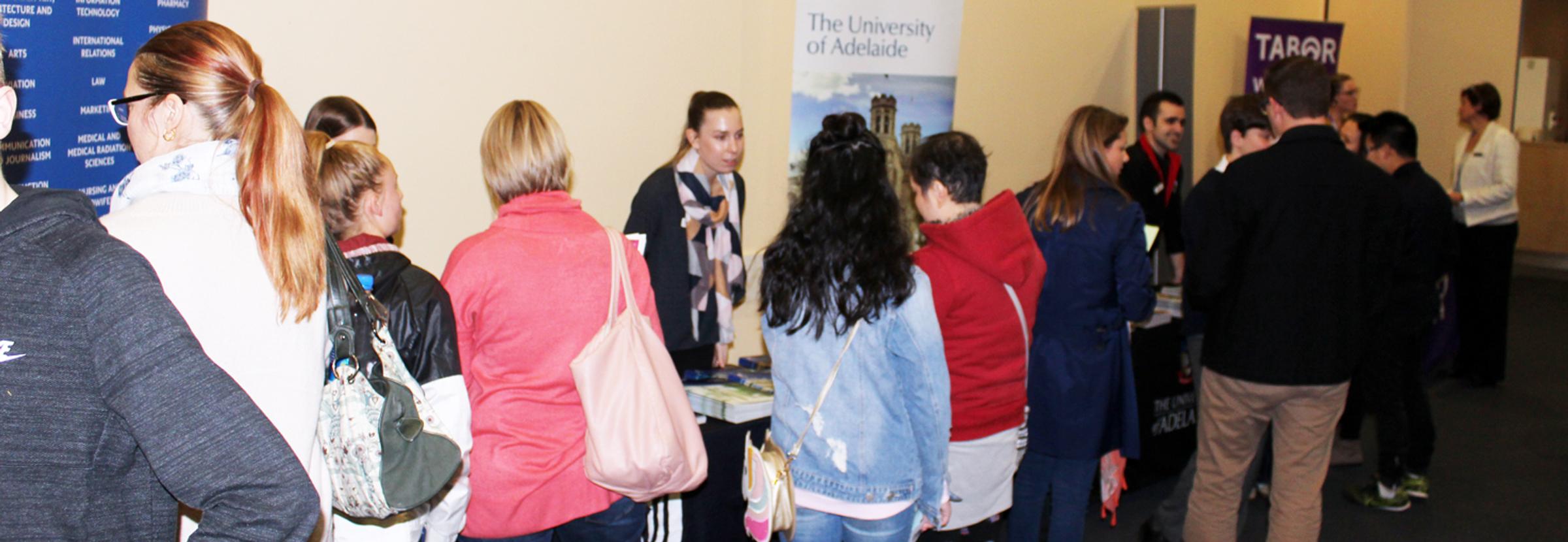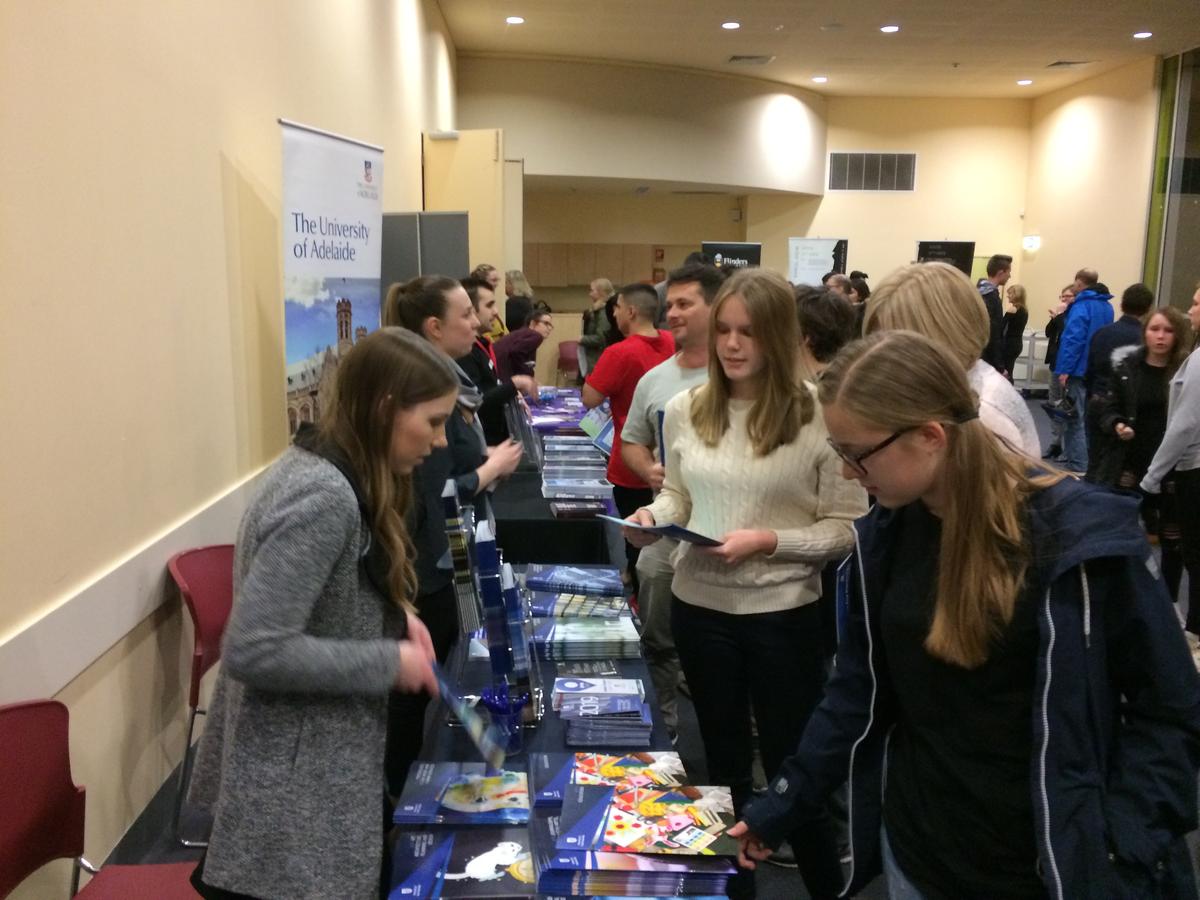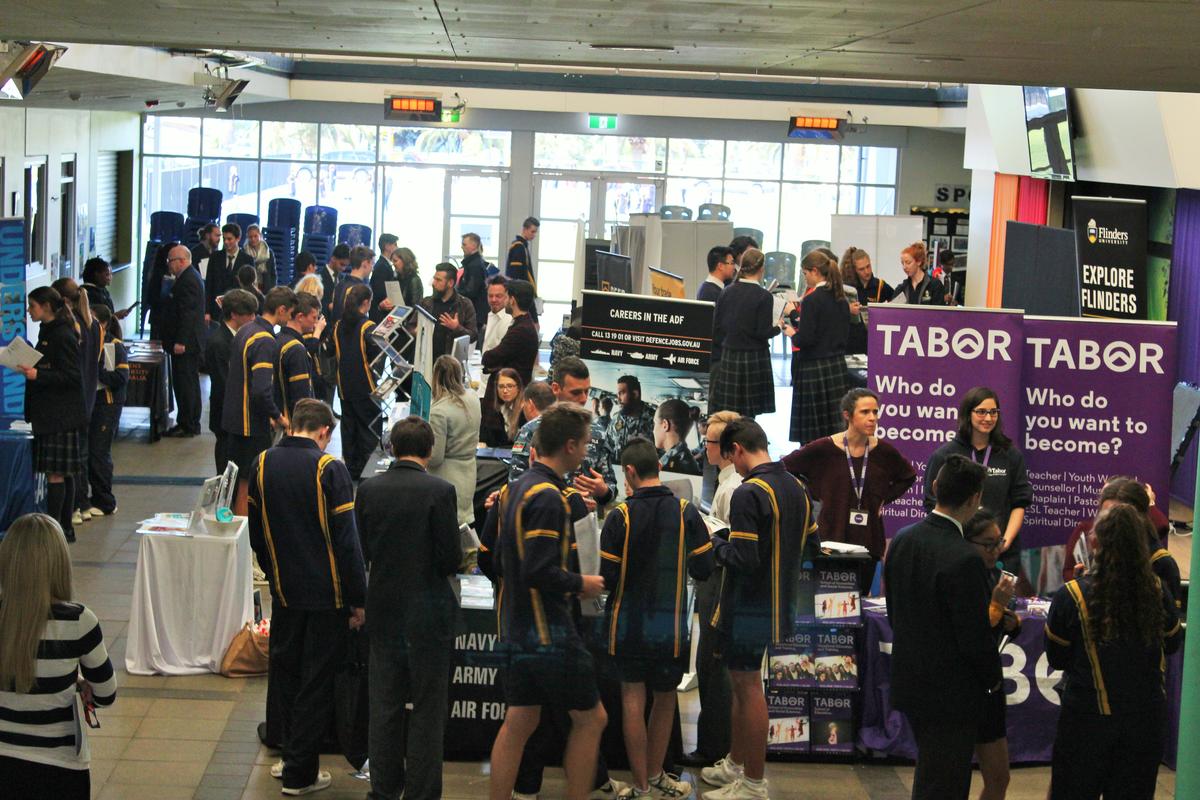Principal's Report

Preparing for the Future
Term 3 is the term where students make decisions about the subjects they would like to study next year. While at each year level there are subjects that are compulsory, there is also opportunity for students to choose from a range of offerings. Selecting subjects that interest them and that they enjoy is important as it helps to engage and motivate them in their learning.
In recent months a variety of research papers have been released that outline the skills and capabilities that employers of the future believe will assist student to navigate their way into the future workforce.
'The New Work Reality' from Foundation for Young Australians, 'Meet Sophie' by Anne Knock and 'Crunching the Number' by Sarah Pilcher and Kate Torii, together with information in 'A New Age in Learning' commenting on David Gonski’s recent research by Kat Donaghay, are all interesting articles that challenge the current education system and the skills students require into the future.
Some key findings resonate across the research in regard to student learning in preparing students for the future. Consistent messages suggest that one out of two students will graduate from a university course, will have five careers and seventeen jobs in their lifetime.
'The New Work Reality' suggests that students need four key elements to accelerate their transition into the workforce.
The key elements are:
- Enterprise skills that are transferable in various workplaces and include: problem-solving, communication and teamwork. The importance of these skills are strongly supported in other research as well and include the addition of creativity.
- Relevant paid employment where students study and work in a job that links to their desired cluster of work.
- An optimistic mindset and are happy with their career prospects.
- Future Focussed Clusters:
- Carers – jobs that seek to improve mental or Physical health or wellbeing
- Technologists – jobs with skilled understanding and manipulation of digital technology
- Informers – jobs that involve professionals providing information, education or business services
The following quotes resonate with me and help to direct thinking about the future:
‘It is not what they know, that is important. What the world cares about is what they can do with what they know’.
‘You have to know what to do when you don’t know what to do’
As a parent, one of the most important outcomes I wanted (and still want) for my children, is to see them successfully contributing to the world of work, and enjoying what they do. As a parent, it can be daunting to consider some of the statistics about future employment and be concerned for our students. As an educator and principal of a school, it is also a challenging time to consider the changes that need to be made to ensure that our students are provided the learning opportunities they need to successfully transition into life beyond school.
As your students make decisions for their future, many I’m sure who are yet to decide on their pathway, it is helpful to know that the school provides many opportunities to assist young people develop their enterprise skills. All curriculum areas include opportunities for students to apply their skills to solve problems and to work in groups where collaboration and learning from each other enhance better outcomes. Students that involve themselves in extra-curricular activities like sport, debating, coding club, pedal prix and music groups, all enhance their ability to work in groups and learn about compromise and the satisfaction of achieving as part of a group. Many disciplines require creativity and critical thinking.
The recent Year 10 Work Experience was an opportunity for students to gain experience in a workplace that could link to their future, and the Personal Learning Plan also encourages students to think about their strengths and interests linking them to clusters of work for the future. Employers desire employees that are positive and engaged in their work. Those who have a positive mindset and are resilient are more likely to fast track into work.
As your student is choosing subjects for next year, or deciding which University or TAFE course to enrol in, take the time to talk about the research and the things they can do to enhance their skills and capabilities to prepare themselves for their future of work!
On a side note, a Senior Years Review Team, comprising staff and students, has been meeting regularly throughout the year to look at ways that our senior years can be enhanced to provide better learning and learning environments that assist students to meet the challenges they face as they move to life beyond school. Exciting developments are afoot. We will keep you informed!
Every blessing for the coming term!
Heather Vogt
Principal
“Be alert. If you see your friend going wrong, correct him. If he responds, forgive him. Even if it’s personal against you and repeated seven times through the day, and seven times he says, ‘I’m sorry, I won’t do it again,’ forgive him.” Luke 17:3-4 The Message
Staff News
We welcome back Ben Crook and Andrew Harten from Long Service Leave last term.
We also welcome the following new staff.
Finance Manager: Kim Ginman
Adaptive Education Learning Leader: Carol Shaw
Teachers for Term 3 and 4: Joshua Zhao and Michy Kris
In the absence of staff on Long Service Leave the following staff members will assume the roles below:
Term 3
Sally Sandford Morgan: Director of Learning
Term 3 and 4
Phillip Southwell: Daily Organization
Innika Ackerley: Science Learning Leader
Heather Vogt
Principal


